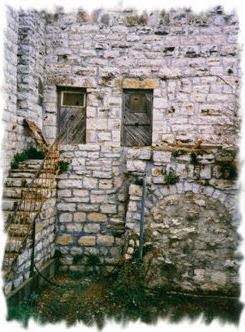“The music I make aims at empowering the global movement for the liberation of Palestine”: Interview of Tareq Shadid aka Doc Jazz
Hi all,
today we are
so happy because we have interviewed
Tareq Shadid, a well-known surgeon and musician from Palestine, called doc jazz, who moved to the UAE six years ago from the Netherlands. We have been his fans for a long time now, and
it is great that he was available to answer to our questions.
so happy because we have interviewed
Tareq Shadid, a well-known surgeon and musician from Palestine, called doc jazz, who moved to the UAE six years ago from the Netherlands. We have been his fans for a long time now, and
it is great that he was available to answer to our questions.
Dr. phil.
Milena Rampoldi and Aygun Uzunlar from ProMosaik e.V. interviewed him today
about the importance of music for political change and resistance in Palestine.
As we all love Gaza and Gaza children and we want peace, I think that his songs
will give us motivation to fight for peace and justice in Palestine.
Milena Rampoldi and Aygun Uzunlar from ProMosaik e.V. interviewed him today
about the importance of music for political change and resistance in Palestine.
As we all love Gaza and Gaza children and we want peace, I think that his songs
will give us motivation to fight for peace and justice in Palestine.
Shukran,
Tareq!! You are wonderful!!
Tareq!! You are wonderful!!
Dr. phil.
Milena Rampoldi
Milena Rampoldi
Editorial
Team of ProMosaik e.V.
Team of ProMosaik e.V.

Dr. phil. Milena Rampoldi: Why did you decide to
become a surgeon? How important is a surgeon for Palestinian society today?
become a surgeon? How important is a surgeon for Palestinian society today?
I come from
a family that has quite a few doctors, and my mother is a doctor as well. The
choice of studying medicine was therefore not far-fetched, but at the same time
strongly influenced by my wish to become a surgeon. I felt that having a job
that consists of helping people in a visible and tangible way, would suit my
personality and my deep wish to be helpful to people in that manner the most. I
have never regretted this choice; I feel extremely comfortable in this
profession, it has become a part of me. I still hope to be helpful to
Palestinian society some day through surgery, but as you know Zionism doesn’t
allow me to live in Palestine and practice it there. The Palestinian people as
a whole have huge numbers of doctors and surgeons, and they are in need of
them, but because ‘Israel’ has complete control over borders and movement,
there are many instances when dire situations result in a lack of surgeons and
other health professionals, as well as of medical equipment.
a family that has quite a few doctors, and my mother is a doctor as well. The
choice of studying medicine was therefore not far-fetched, but at the same time
strongly influenced by my wish to become a surgeon. I felt that having a job
that consists of helping people in a visible and tangible way, would suit my
personality and my deep wish to be helpful to people in that manner the most. I
have never regretted this choice; I feel extremely comfortable in this
profession, it has become a part of me. I still hope to be helpful to
Palestinian society some day through surgery, but as you know Zionism doesn’t
allow me to live in Palestine and practice it there. The Palestinian people as
a whole have huge numbers of doctors and surgeons, and they are in need of
them, but because ‘Israel’ has complete control over borders and movement,
there are many instances when dire situations result in a lack of surgeons and
other health professionals, as well as of medical equipment.
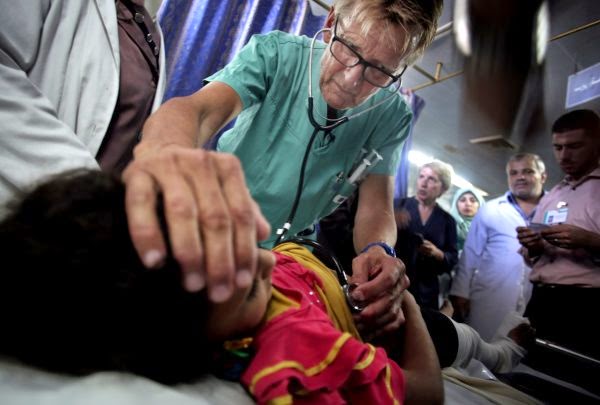
Dr. phil. Milena Rampoldi: What does music
politically mean to you and how can music contribute to political changes?
politically mean to you and how can music contribute to political changes?
Music in
itself only derives any possible political meaning from its lyrics. Lyrics are
like poetry accompanied by music, so they can be used to express any human
emotion, desire, message or vision. I think whether music can contribute to
political changes depends mostly on how popular it is, and on how well it fits
in with the beliefs of an already existing movement for change. Resistance
movements usually give a clear role to music, because they are aware of its
potentially motivating and educating effects. Just keep in mind how quickly new
resistance songs were published directly after the Shijaiya massacre in Gaza:
it barely took a few days.
itself only derives any possible political meaning from its lyrics. Lyrics are
like poetry accompanied by music, so they can be used to express any human
emotion, desire, message or vision. I think whether music can contribute to
political changes depends mostly on how popular it is, and on how well it fits
in with the beliefs of an already existing movement for change. Resistance
movements usually give a clear role to music, because they are aware of its
potentially motivating and educating effects. Just keep in mind how quickly new
resistance songs were published directly after the Shijaiya massacre in Gaza:
it barely took a few days.
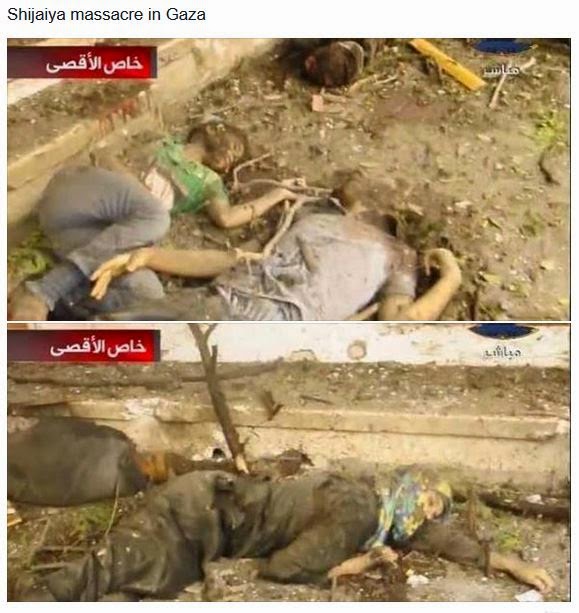
Dr. phil. Milena Rampoldi: Which are the main
objectives you want to reach with your songs?
objectives you want to reach with your songs?
The music I
make aims at empowering the global movement for the liberation of Palestine.
This is why my lyrics are mostly in English, in order to make them accessible
to people from all over the world. This is also why I make songs in so many
different styles, hoping to give all these different cultures in the world at
least one song they can relate to. My dream is that these global activists for
Palestine embrace my music, and that they will use it to give an extra impulse
to their demonstrations and gatherings, but also that they will use it as a
tool to introduce their friends to the cause in a subtle and non-confronting
way, by sharing my songs with them. I’ve seen many examples of people in the
West who were previously uninterested in the Palestinian cause, but became
interested and involved through my music. Whenever I see that happening, it’s
extremely motivating and fulfilling.
make aims at empowering the global movement for the liberation of Palestine.
This is why my lyrics are mostly in English, in order to make them accessible
to people from all over the world. This is also why I make songs in so many
different styles, hoping to give all these different cultures in the world at
least one song they can relate to. My dream is that these global activists for
Palestine embrace my music, and that they will use it to give an extra impulse
to their demonstrations and gatherings, but also that they will use it as a
tool to introduce their friends to the cause in a subtle and non-confronting
way, by sharing my songs with them. I’ve seen many examples of people in the
West who were previously uninterested in the Palestinian cause, but became
interested and involved through my music. Whenever I see that happening, it’s
extremely motivating and fulfilling.
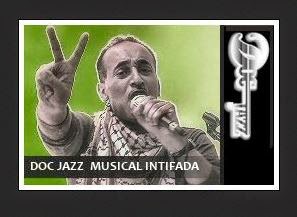
Dr. phil. Milena Rampoldi: Which relation do you
see between lyrics and music?
see between lyrics and music?
When it
comes to the message, the lyrics are the true essence. However, the fact that
this message is conveyed in rhyme, and set to a rhythm and a melody, gives the
lyrics a repetitive power that would be impossible to obtain in any other way.
You can still hear the chorus of a song in your mind long after you have
listened to a song. Even if you didn’t follow the lyrics closely at first, it
then becomes only a matter of time before you become curious about what is
actually being sung. I believe this is the reason why pop music has an edge
over many other forms of political expression. It is not being used nearly
enough, its potential is enormous.
comes to the message, the lyrics are the true essence. However, the fact that
this message is conveyed in rhyme, and set to a rhythm and a melody, gives the
lyrics a repetitive power that would be impossible to obtain in any other way.
You can still hear the chorus of a song in your mind long after you have
listened to a song. Even if you didn’t follow the lyrics closely at first, it
then becomes only a matter of time before you become curious about what is
actually being sung. I believe this is the reason why pop music has an edge
over many other forms of political expression. It is not being used nearly
enough, its potential is enormous.
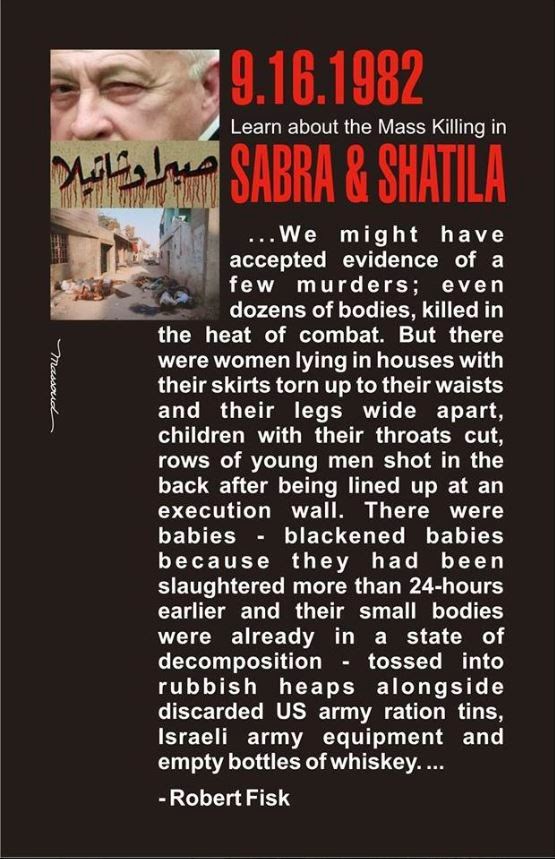
Dr. phil. Milena Rampoldi: How important are
pictures to make people understand the genocide in Palestine?
pictures to make people understand the genocide in Palestine?
Western
media are in almost total lockdown on the Palestine situation. They are under
heavy influence and control of Zionist lobbies, and therefore only portray
Palestinian news minimally, only as much as is needed in order to create an
illusion of objectivity in the minds of their audience. Apart from that, they
are functioning as if they are mouthpieces of the Israeli regime. Without the
many deeply shocking pictures of the incredibly inhumane crimes that ‘Israel’
committed upon the Palestinians of Gaza, and without the tremendous efforts by
pro-Palestine social media activists to make sure these pictures reached the
masses, no counterbalance would have been given to this Zionist domination of
mass media.
media are in almost total lockdown on the Palestine situation. They are under
heavy influence and control of Zionist lobbies, and therefore only portray
Palestinian news minimally, only as much as is needed in order to create an
illusion of objectivity in the minds of their audience. Apart from that, they
are functioning as if they are mouthpieces of the Israeli regime. Without the
many deeply shocking pictures of the incredibly inhumane crimes that ‘Israel’
committed upon the Palestinians of Gaza, and without the tremendous efforts by
pro-Palestine social media activists to make sure these pictures reached the
masses, no counterbalance would have been given to this Zionist domination of
mass media.
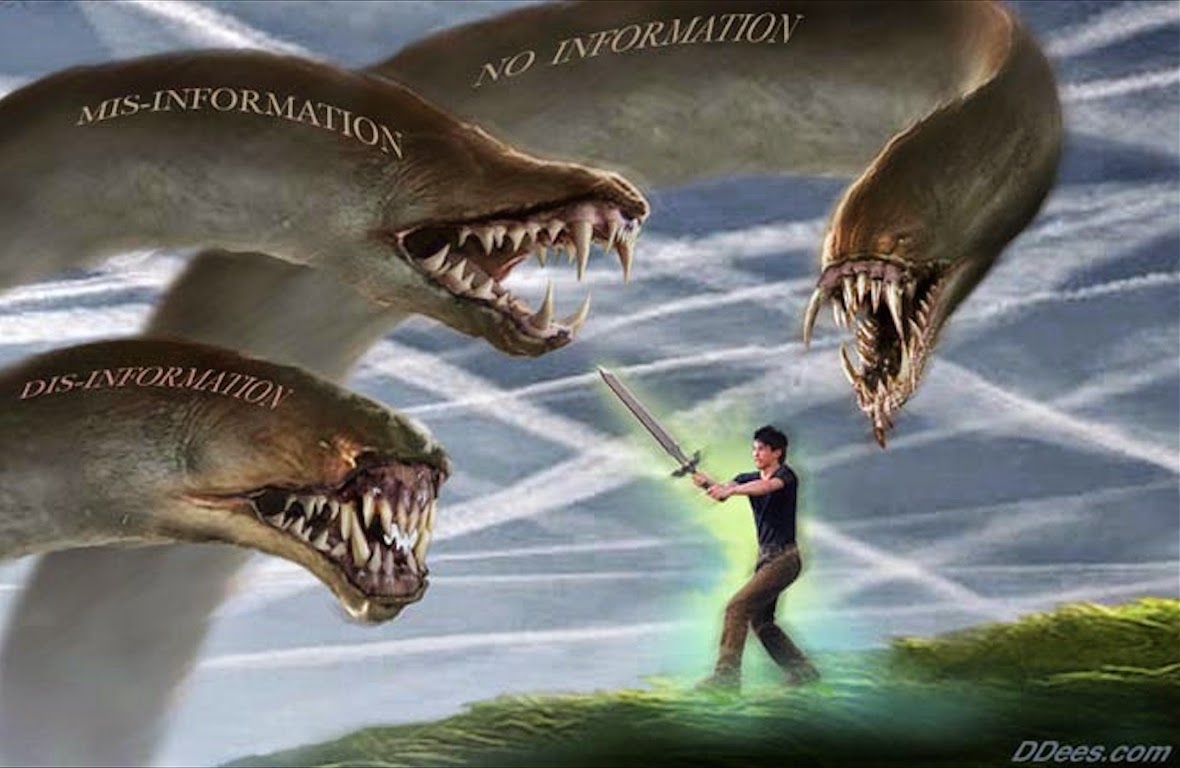
Dr. phil. Milena Rampoldi: What does Intifada
mean to you after the 50-days war in Gaza?
mean to you after the 50-days war in Gaza?
The Intifada
is always there, somegeorgia in a slumber, somegeorgia peaking into a massive wave
of civil disobedience among the Palestinian people under occupation. Of course,
these peaks are of historical significance, like the First and Second Intifada.
However, we should not fall into the trap of believing that between these
massive Intifada’s, the spirit of resistance is gone. As long as there is an
occupation, there will be an Intifada, although it may express itself in many
different forms, sizes, and methods. I elaborate on this spirit of resistance
extensively in my songs ‘Intifada’ and ‘Free Palestine (We Resist)’.
is always there, somegeorgia in a slumber, somegeorgia peaking into a massive wave
of civil disobedience among the Palestinian people under occupation. Of course,
these peaks are of historical significance, like the First and Second Intifada.
However, we should not fall into the trap of believing that between these
massive Intifada’s, the spirit of resistance is gone. As long as there is an
occupation, there will be an Intifada, although it may express itself in many
different forms, sizes, and methods. I elaborate on this spirit of resistance
extensively in my songs ‘Intifada’ and ‘Free Palestine (We Resist)’.
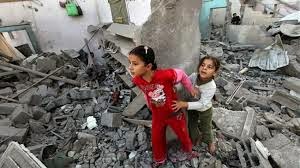
Dr. phil. Milena Rampoldi: What is your message
to children in Gaza?
to children in Gaza?
My message
to the children of Gaza is that they are our hope for the future, and that I
pray that they will find it within themselves to deal with the incredible
horrors they were subjected to without losing their love for life, for their
homeland, and for their freedom. Their ordeal has broken my heart; their
impressive wisdom and liveliness has stitched it back together again. We, the
young and the old, have no choice but to go on: to live, to love, to pray, and
to resist.
to the children of Gaza is that they are our hope for the future, and that I
pray that they will find it within themselves to deal with the incredible
horrors they were subjected to without losing their love for life, for their
homeland, and for their freedom. Their ordeal has broken my heart; their
impressive wisdom and liveliness has stitched it back together again. We, the
young and the old, have no choice but to go on: to live, to love, to pray, and
to resist.
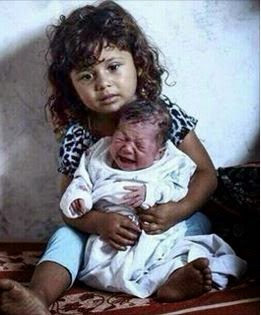
From my Turkish
coordinator:
coordinator:
Aygun Uzunlar: Turks
love Palestine and fight for Gaza. I would like to ask you to send me a text of
a song you would like to present to Turkish people. I would like to translate
it for you and present it in Turkish for Turks. Which message do you want to
tell Turkish youth today?
love Palestine and fight for Gaza. I would like to ask you to send me a text of
a song you would like to present to Turkish people. I would like to translate
it for you and present it in Turkish for Turks. Which message do you want to
tell Turkish youth today?
I dedicated
my song ‘Freedom Flotilla Song’ to the Turkish martyrs of the Mavi Marmara. We
feel strongly connected to the Turkish people through history and through
cultural and religious kinship. It is enormously inspiring to see the Turks
standing up against ‘Israel’. We hope they will continue to do so, until
Palestine is free, and becomes a sovereign independent state with close and
brotherly ties to Turkey. I am confident that they share this dream with us!
my song ‘Freedom Flotilla Song’ to the Turkish martyrs of the Mavi Marmara. We
feel strongly connected to the Turkish people through history and through
cultural and religious kinship. It is enormously inspiring to see the Turks
standing up against ‘Israel’. We hope they will continue to do so, until
Palestine is free, and becomes a sovereign independent state with close and
brotherly ties to Turkey. I am confident that they share this dream with us!
Link to the
lyrics: http://www.lyricsmode.com/lyrics/d/doc_jazz/freedom_flotilla.html
lyrics: http://www.lyricsmode.com/lyrics/d/doc_jazz/freedom_flotilla.html
Link to the
song: https://www.youtube.com/watch?v=wuDdevj0iLc
song: https://www.youtube.com/watch?v=wuDdevj0iLc
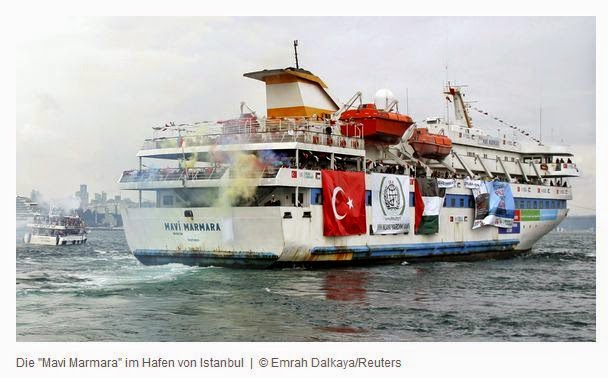
Aygun Uzunlar: Which
political solution do you want for Palestine?
political solution do you want for Palestine?
I believe
only in the liberation of Palestine, not in concessions to the Zionist entity.
Zionism is a vehemently racist and expansionist ideology that makes any form of
coexistence impossible, whether within the same borders or across them. I
believe that Zionism can be ideologically defeated by political, economical and
popular pressure. The only solution that can work for everyone is a liberated
Palestine that accepts all its inhabitants as equal citizens, regardless of
their religion or ethnicity. All Palestinians living in the diaspora should be
enabled to return to their homeland: this is our inalienable right.
only in the liberation of Palestine, not in concessions to the Zionist entity.
Zionism is a vehemently racist and expansionist ideology that makes any form of
coexistence impossible, whether within the same borders or across them. I
believe that Zionism can be ideologically defeated by political, economical and
popular pressure. The only solution that can work for everyone is a liberated
Palestine that accepts all its inhabitants as equal citizens, regardless of
their religion or ethnicity. All Palestinians living in the diaspora should be
enabled to return to their homeland: this is our inalienable right.
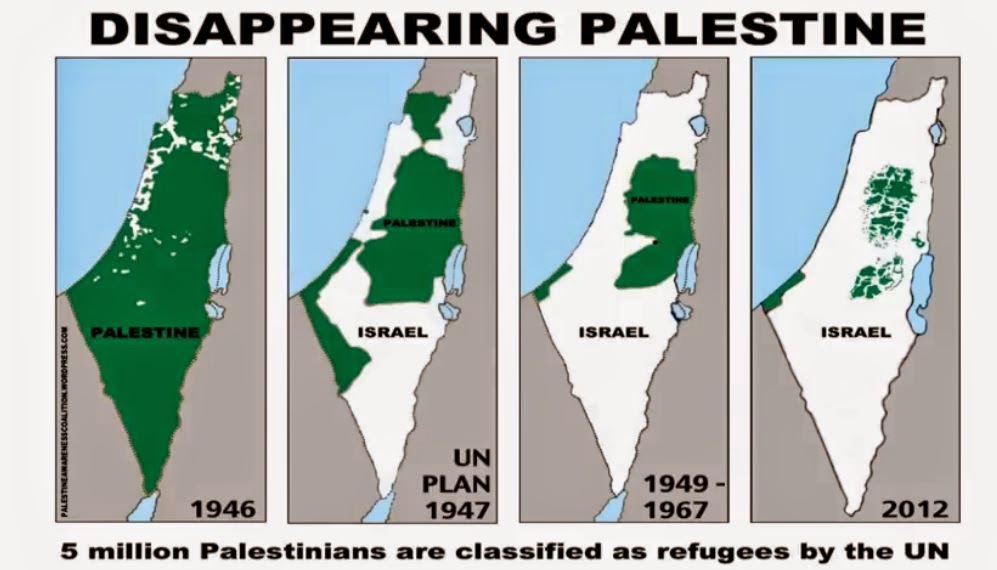
Aygun Uzunlar: How do
you think Turkey can contribute to the solution of Palestinian conflict?
you think Turkey can contribute to the solution of Palestinian conflict?
Turkey can
make a tremendous difference to the issue, by making very clear-cut choices. It
has the power to put a humongous amount of pressure on ‘Israel’ by severing its
ties of diplomatic, economical and military cooperation. I continue to hope that
this day will come, although it is clear that in the current situation, many
other considerations are prevailing over this radical choice. However, one can
never tell. All I can do in this respect is express a wish, which I do not only
extend to Turkey, but to any other country that has ties with the Zionist
entity, and first and foremost to those among the Arab regimes that have
shamefully bowed their heads in reverence to the Israelis.
make a tremendous difference to the issue, by making very clear-cut choices. It
has the power to put a humongous amount of pressure on ‘Israel’ by severing its
ties of diplomatic, economical and military cooperation. I continue to hope that
this day will come, although it is clear that in the current situation, many
other considerations are prevailing over this radical choice. However, one can
never tell. All I can do in this respect is express a wish, which I do not only
extend to Turkey, but to any other country that has ties with the Zionist
entity, and first and foremost to those among the Arab regimes that have
shamefully bowed their heads in reverence to the Israelis.
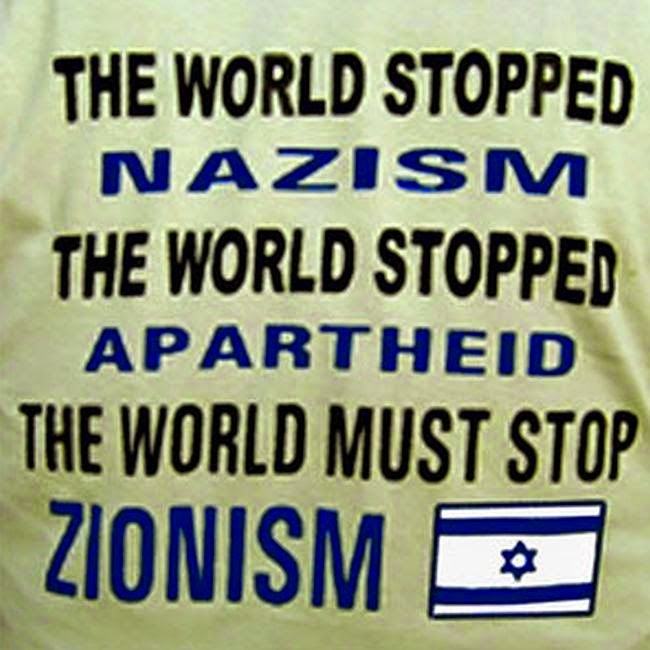
Aygun Uzunlar: How
much do you think European media support Israel, instead of supporting
Palestinian cause?
much do you think European media support Israel, instead of supporting
Palestinian cause?
I believe
that the agenda of European media is entirely tuned to the wishes of ‘Israel’.
News is always conveyed with a shamelessly obvious bias leaning towards the
interests of the Zionist entity.
that the agenda of European media is entirely tuned to the wishes of ‘Israel’.
News is always conveyed with a shamelessly obvious bias leaning towards the
interests of the Zionist entity.
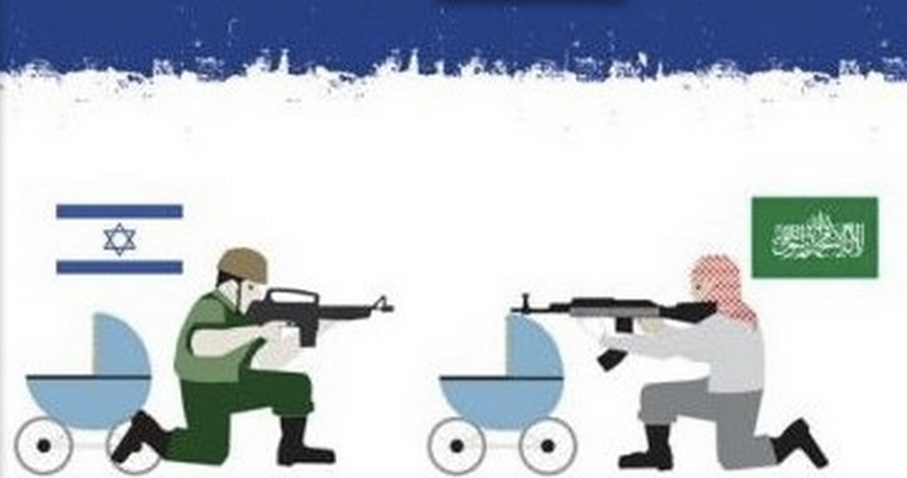
Aygun Uzunlar: What do
you want to say to German Politicians thinking that they have to support
Netanyahu because they killed Jews during second world war?
you want to say to German Politicians thinking that they have to support
Netanyahu because they killed Jews during second world war?
Well, the
point here is that these current German politicians didn’t kill any Jews
themselves, so they have no obligation to carry on the debt and guilt from
generation to generation. I believe that if they learned the right lesson from
the gruesome history of the Second World War, it should be that politicians and
other citizens should always make choices that are based on the equality of all
people, regardless of their ethnicity. If they would truly be following this
sensible and moral line of thinking, they would never end up supporting
Netanyahu, but instead opposing him and his ideology in the same adamant way
that they are now denouncing the Nazi leaders of the past. If, however, their
choices are guided by lines of ethnicity, instead of by concepts of equality
and justice, they have not learned anything whatsoever from the massacres of
the Second World War, but are repeating the transgressions of their
predecessors.
point here is that these current German politicians didn’t kill any Jews
themselves, so they have no obligation to carry on the debt and guilt from
generation to generation. I believe that if they learned the right lesson from
the gruesome history of the Second World War, it should be that politicians and
other citizens should always make choices that are based on the equality of all
people, regardless of their ethnicity. If they would truly be following this
sensible and moral line of thinking, they would never end up supporting
Netanyahu, but instead opposing him and his ideology in the same adamant way
that they are now denouncing the Nazi leaders of the past. If, however, their
choices are guided by lines of ethnicity, instead of by concepts of equality
and justice, they have not learned anything whatsoever from the massacres of
the Second World War, but are repeating the transgressions of their
predecessors.
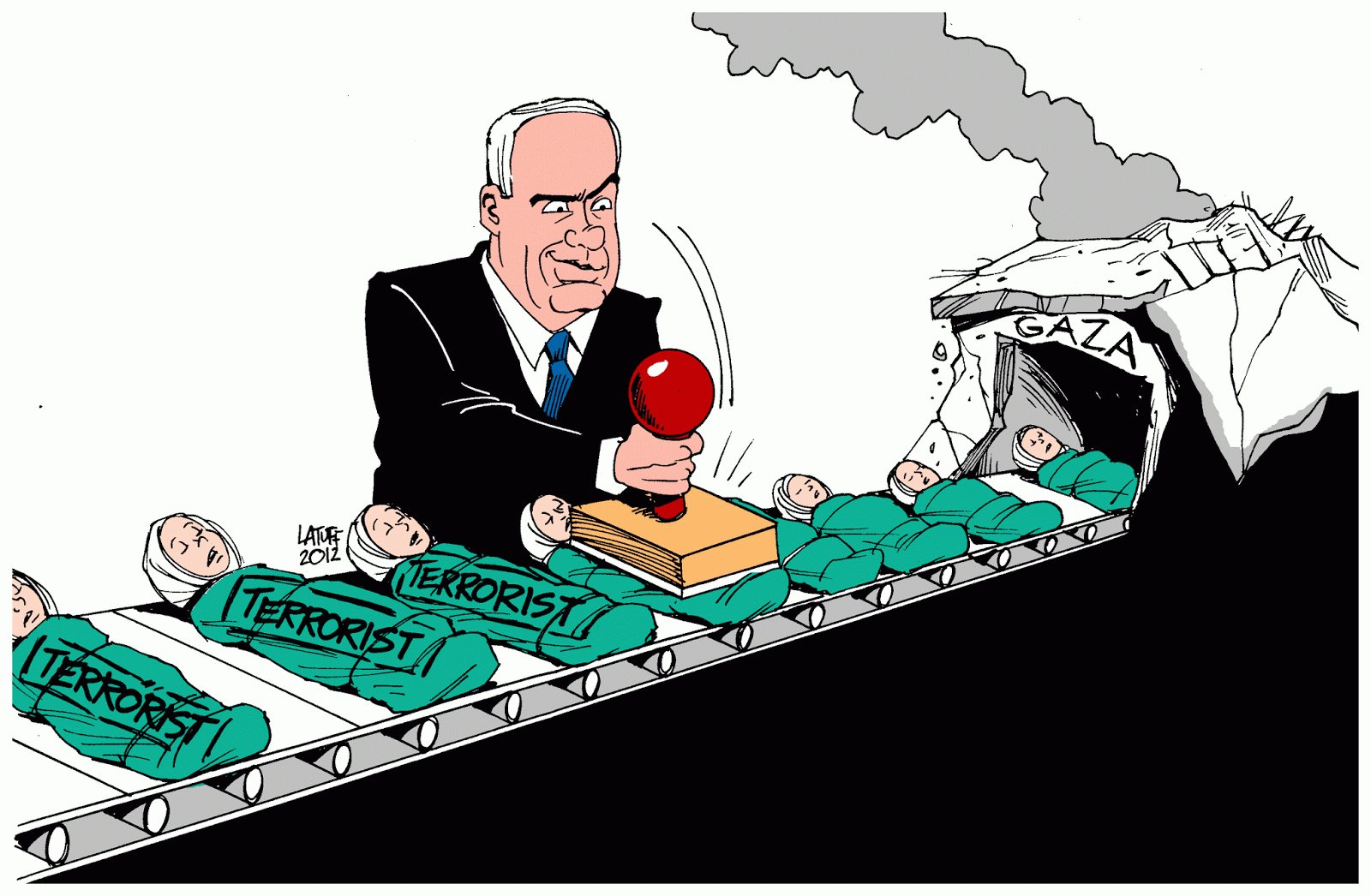
Aygun Uzunlar: Which
are in your opinion the best musical forms to fight for political rights and
why?
are in your opinion the best musical forms to fight for political rights and
why?
I don’t
think that there is a specific form of music that is best suited for a
political struggle. It is, after all, a multi-dimensional struggle. Music of
resistance does not always need to only sound like the ‘Drums of War’. It all
depends which aspect of the struggle it aims to highlight. This is why my music
is not limited to any genre, but rather aims to apply the style that is best
suited to the message of the specific song.
think that there is a specific form of music that is best suited for a
political struggle. It is, after all, a multi-dimensional struggle. Music of
resistance does not always need to only sound like the ‘Drums of War’. It all
depends which aspect of the struggle it aims to highlight. This is why my music
is not limited to any genre, but rather aims to apply the style that is best
suited to the message of the specific song.
